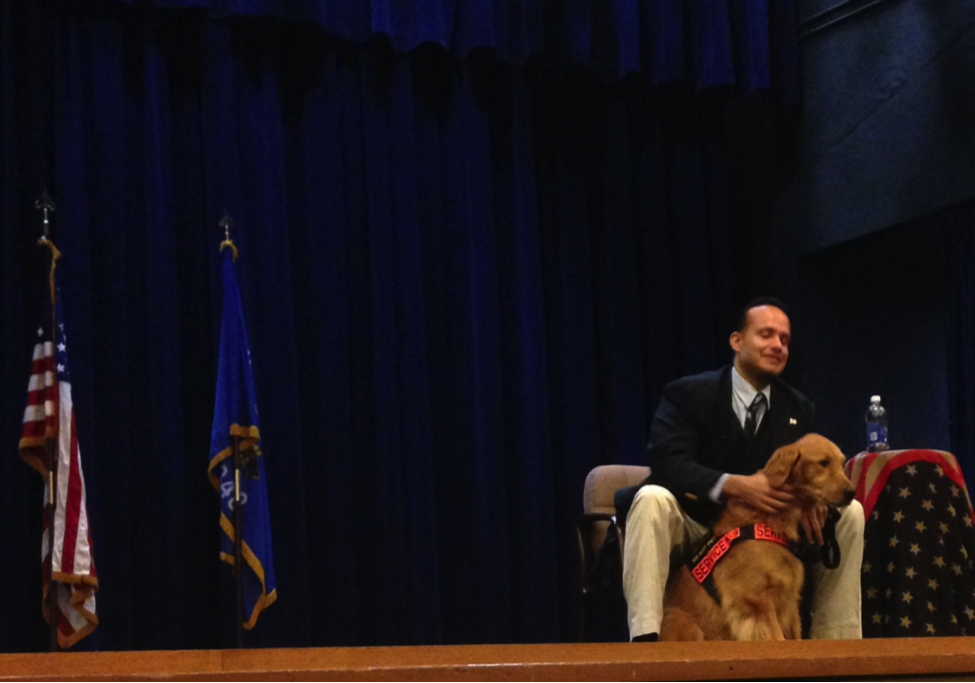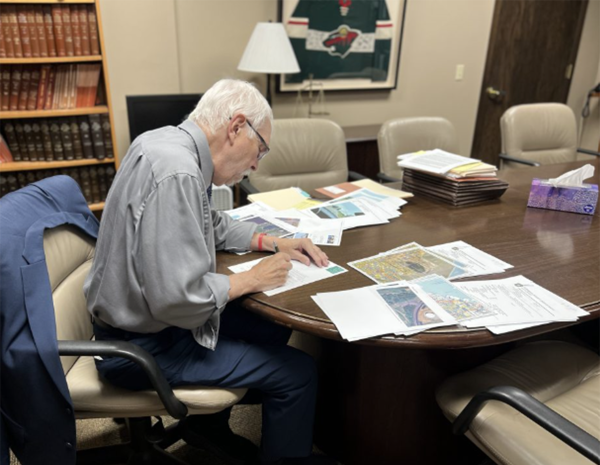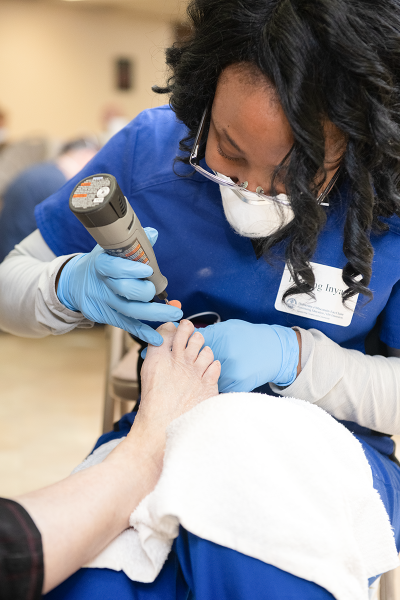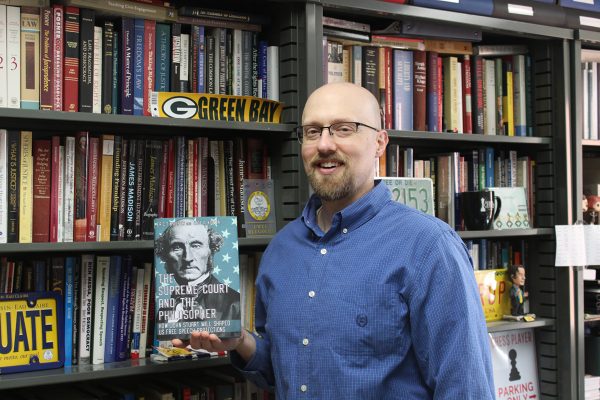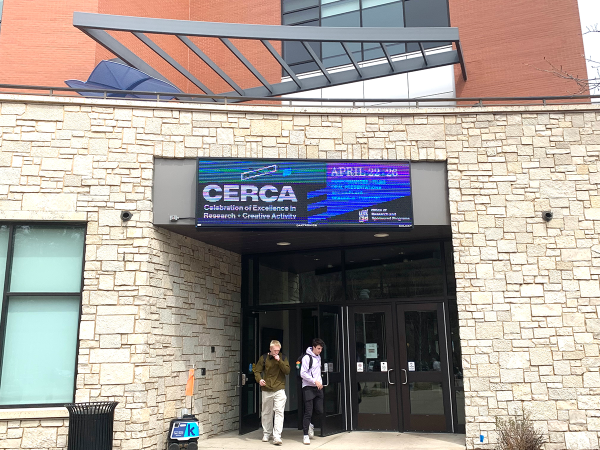Winning the war against PTSD
A veteran of the United States Army discussed the struggles which accompany the return to civilian life during the Schneider Disability Issues Forum on Tuesday, Oct. 25. Nearly 200 audience members were present for the speech in Schofield Auditorium.
Cpt. Luis Carlos Montalvan gave a speech to the many community members, including both current and retired military personnel, about the life of a wounded warrior and the importance of his service dog, Tuesday, to help him deal with the invisible wounds of war. Montalvan stressed the issues surrounding Post Traumatic Stress Disorder, or PTSD.
“In the 21st century, we are now finally realizing the profound importance of mental health as an essential component of total health,” Montalvan said.
During the speech, Montalvan gave statistics about veterans of the United States Military and asked the audience for their guess, or what he described as “SWAG”, a scientific wild ass guess. He asked the audience to guess how many service members return from Iraq and Afghanistan as amputees. Every audience response was too high. Out of the 2.5 million service men and women fighting in Iraq and Afghanistan, he said only 1,900 return as amputees.
Montalvan suggested the rest of the world can’t see or understand the invisible wounds that war leaves behind, but knowledge is the key to better understanding.
“Awareness, understanding, and treatment of Post Traumatic Stress Disorder and other conditions caused by the effects of trauma, are finally gaining recognition which is so important to help individuals, families, and communities heal in ways that are good for everyone,” Montalvan said.
UW-Eau Claire senior Austin Welsh said he has considered a future in the U.S. Military. He said he realized PTSD comes packaged with war.
“(PTSD) is just a part of the field. I know it will happen and the speech just made me realize it’s a real possibility,” Welsh said. “It doesn’t deter me at all… I just have to be prepared.”
Miranda Cross-Schindler said she is also familiar with the military field. She is the Military Education Benefits Coordinator and a leader of the Veterans club at Eau Claire. Cross-Schindler said she agrees with Montalvan’s notion that there are invisible war wounds.
“The number of service members returning home from war with physical wounds of war is less than in any previous war,” Cross-Schindler said. “However, the number of service members returning with invisible wounds of war is greater. Because a person looks okay on the outside, does not mean that they are ok on the inside.”
Montalvan’s said PTSD isn’t just experienced by military personnel either. Cross-Schindler said she found it important for Montalvan to share this point.
He said PTSD is something not only unique to military veterans — it can be from a car accident, a tornado, a robbery, etc.
“It is not something to be afraid of and can be treated if addressed,” Cross-Schindler said.
Montalvan also said Tuesday pulled him from his depression. Tuesday is his 5-year old Golden Retriever whom not only helps Montalvan keep his balance after suffering a spinal cord injury, but is a happy spirit with Montalvan.
“Dogs like these, dogs like Tuesday are saving people’s lives,” Montalvan said. “Just like mine … giving people back their independence, giving people back their hopes and dreams, their desire to pursue happiness.”

